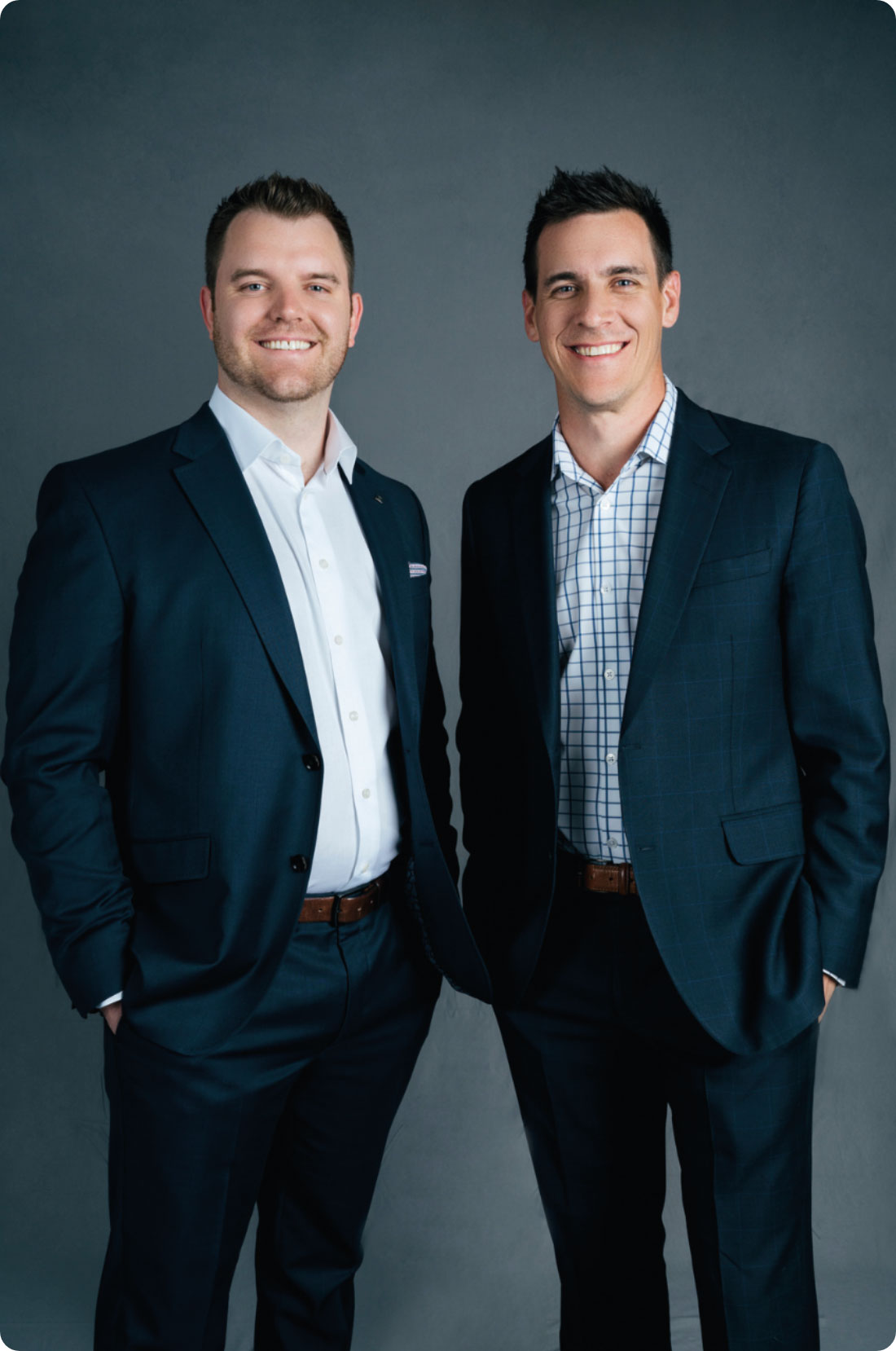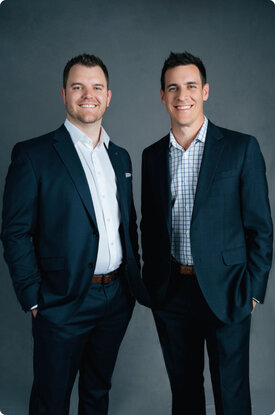Years of Combined Experience
Current Listing Volume
Total Sold in 2022
Lifetime Sales Volume
Record Breaking Sale in 2022
Number of Properties Sold in 2022

About
Willow Manor
Willow Manor, a division of Keller Williams The Marketplace One, is an internationally connected, local force in the real estate world. The group was formed by top Realtors, Zach WalkerLieb and Mike McNamara, with the vision of creating a service oriented experience that is powered by the expertise and knowledge of the best in the business.
Testimonials
“Zach helped us with an off market sale and was awesome to work with. He was super quick to respond and acted on our behalf representing us in the best professional manner possible. Big shout out and Thanks to Zach and his team for getting us our home in today's crazy market! Professional, Experienced, Ethical and all around Great Guy!”
“My experience with Willow Manor was great from beginning to end. My wife and I worked with Zach Walkerlieb and found an amazing house. Zach worked to move fast and took care of every issue that came up between the buyer. At no point did we feel as though we were out of the loop because of the great communication and proactive outreach. Highly recommend working with this team!”
“Mike and his team helped my family find a great home in the Green Valley area. Mike was always available to chat, answer questions, and show us all of the houses we wanted to see. His team was efficient with the closing process and they made sure everything went smoothly. I couldn’t recommend anyone more than Mike for any real estate needs in the Las Vegas area!”
“Brand new to the entire house buying process and went through Navy Federal and they ended up connecting me with Mike and his team. Some of the best people to work with. Was immediately contacted and introduced to the team right away, from that point on I felt that I was in good hands and they never disappointed. They were all very patient with me even with all the annoying questions I had and provided me with insight on things.”
“Mike and his entire team were absolutely wonderful to work with while selling my house. He is very professional and with nearly 15 years in the real estate business, his expertise gave me peace of mind and allowed for a very quick sale of my home. Mike was always available both in person and via the phone. He gave me great advice on how to best stage the house and get it ready for pictures. I would highly recommend Mike McNamara!”
As Seen On





Featured Properties
Work With Us
 Our level of service and expertise has been developed over many years. While working with us you can expect custom, hands-on service from top-level agents. No matter what your real estate needs are, we guarantee our service, determination, and insight into market trends will help you reach your unique real estate goals.
Our level of service and expertise has been developed over many years. While working with us you can expect custom, hands-on service from top-level agents. No matter what your real estate needs are, we guarantee our service, determination, and insight into market trends will help you reach your unique real estate goals.


